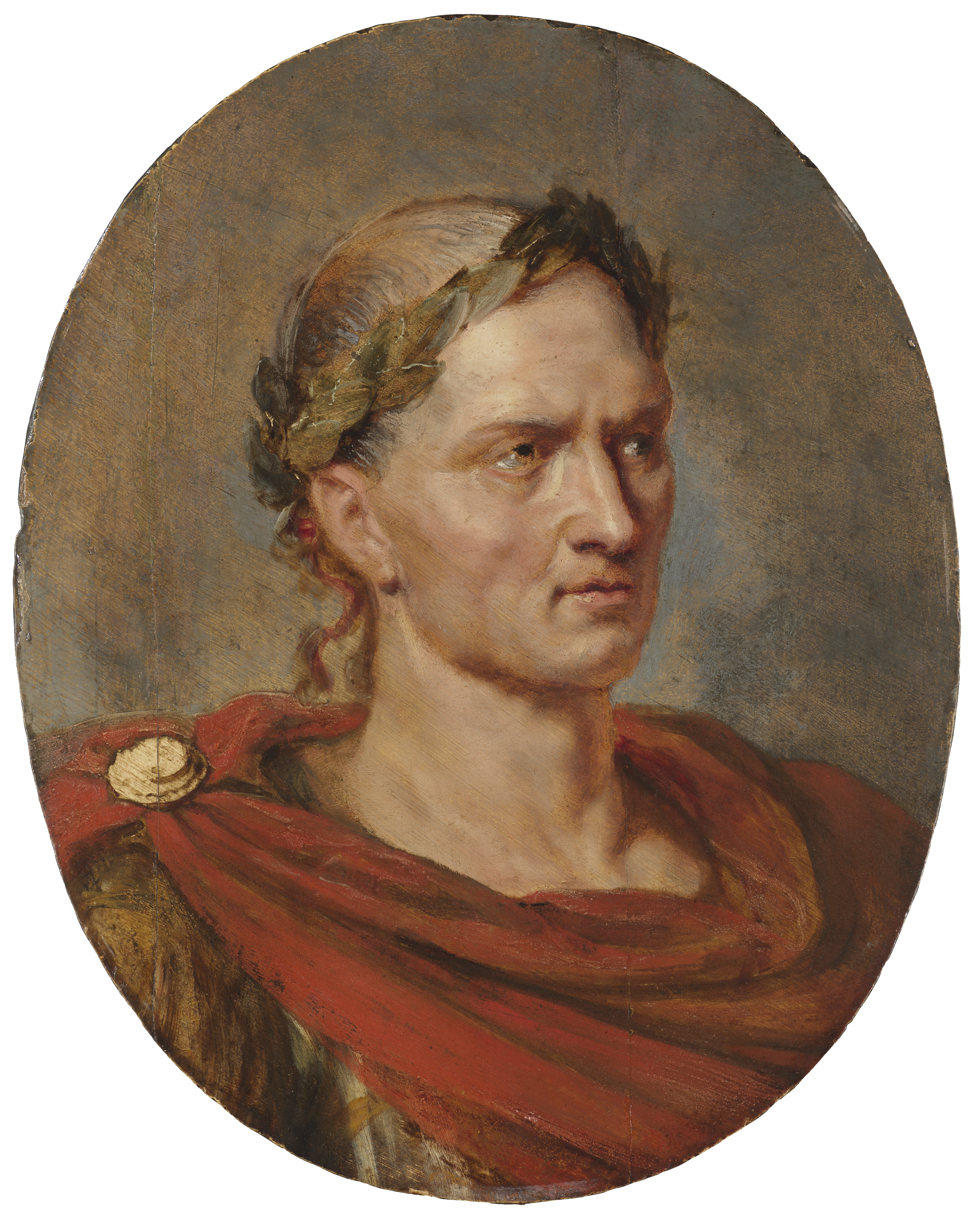
Gaius Iulius Caesar - Civil War
The dice were really rolled. Interestingly, of the entire Civil War, we only have records from Ceasar's Memoirs of the Civil War and Cicero's correspondence. Immediately after crossing the Rubicon on January 10, 49 B.C. the first Roman fortress of Arminium fell, where Caesar had already sent his troops forward. Pompey proved to have no army with which to stop Caesar.

